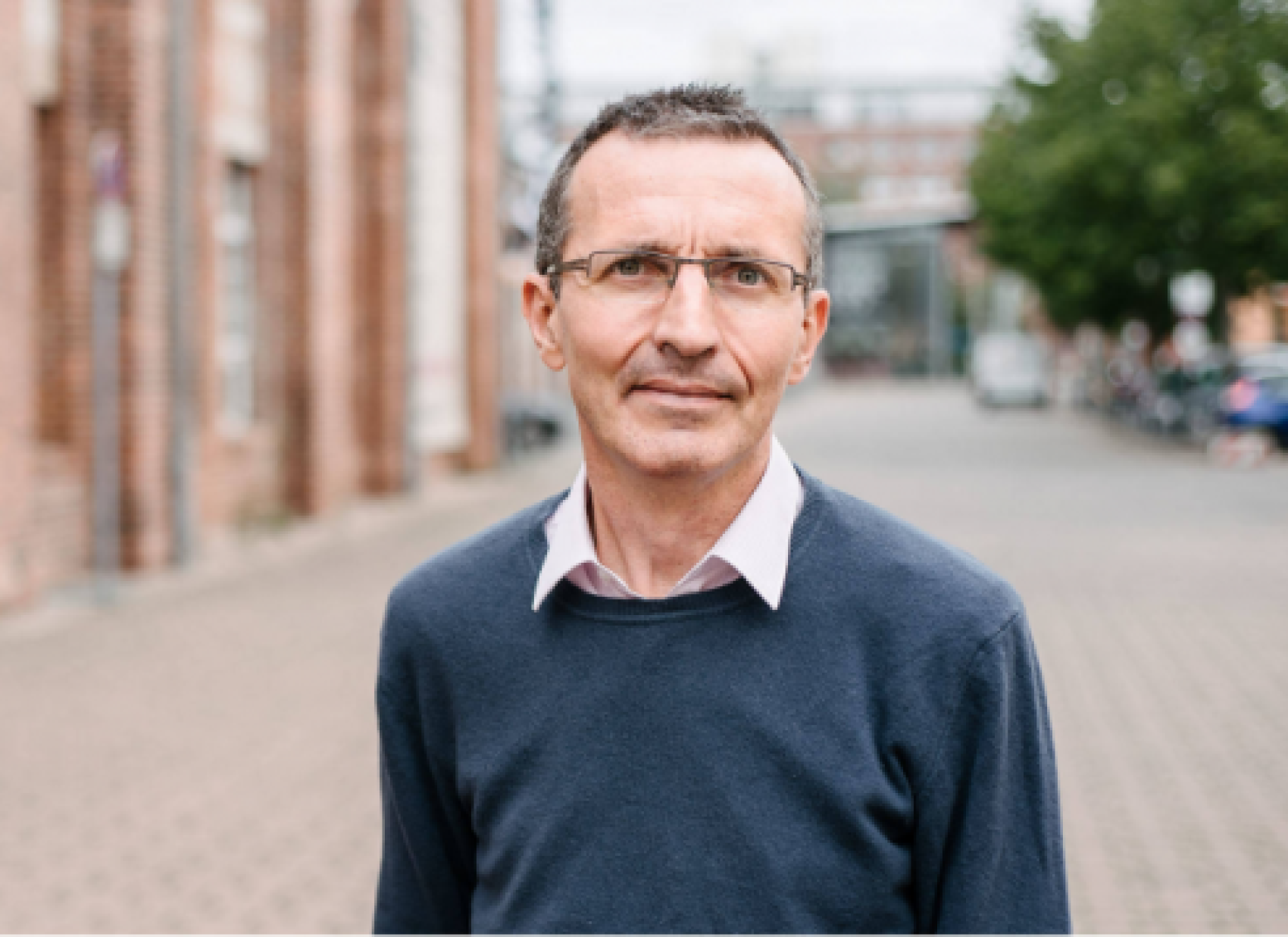The Human Development Report Office is greatly saddened by the death of Stephan Klasen, Professor of Development Economics and Empirical Economic Research at the University of Göttingen. We lost a friend, advisor, thought leader and a regular contributor to Human Development Reports.
Stephan held a BA, MA, and Ph.D. from Harvard University. He was a development economist with research interests in population, labor and welfare. He had a keen interest in international development and most of his research was inspired by issues in developing countries. Since 2013, he had been a member of the UN Committee on Development Policy, was President of the European Development Research Network, and was the coordinating lead author for the 5th assessment report of the Intergovernmental Panel on Climate Change between 2011 and 2014.
Stephan made important contributions towards understanding gender issues, poverty, inequality, and environmental issues.
His ideas and research work resonated with human development, and he was highly regarded in the human development community. His work on the measurement of gender gap was applied to improve HDRO’s gender indices. For example, his critical review (1999, 2000) of the Gender-related development index (GDI) led to a correction of the index’s standard-of-living indicator – earned income by gender. In its original form, the ‘penalty for gender inequality’ was almost entirely determined by gender gaps in the earned-income component. The GDI was largely insensitive to gender gaps in education and life expectancy. Stephan and his co-author pointed out that the calculation of the earned income component of the GDI was a main culprit and suggested a new way of approximating the earned income by gender. This new method is still used for calculation of the earned income in the new Gender Development Index introduced in 2014. HDRO created its new GDI following Stephan’s ideas in the 2014 HDR. Stephan later published a discussion paper “UNDP’s Gender-related measures: Current problems and proposals for fixing them.” Despite his deteriorating health, Stephan participated in two gender expert meetings in Reykjavik in 2015 and in New York in 2018. Today, our joint work with UN Women on gender measures is very much inspired by Stephan.
Stephan had a strong research record and interest in measurement of poverty and its dynamics. Not long ago, he edited a book on Measuring Poverty and provided an original introduction to this impressive collection of papers on conceptual and empirical approaches to poverty lines for national and international income poverty measures, multidimensional poverty indices, and ways to capture poverty dynamics. At the Second Measurement Conference in 2013, Stephan presented an assessment of the original Multidimensional Poverty Index (MPI) methodology and fully embraced HDRO’s criticism of the MPI and its shortcomings at that time. The collaboration led to a modified MPI methodology , which was used for computation of the MPI published in HDRs in 2014, 2015 and 2016. Some of these modifications were integrated into the new MPI, jointly produced by HDRO and OPHI since 2018.
In an attempt to go beyond the average nature of the HDI and make assessment of inequality of human development Stephan proposed a micro-focused household-based HDI as a flexible approach that would allow the index to not only capture inequality at the country level but also to easily analyze the HDI by any population subgroups and by household socioeconomic characteristics.
In his recent discussion paper, Stephan provided a critical evaluation of the current suite of human development composite indices and argued for the continued relevance of these comprehensive measures and proposed ‘little changes’ to the HDI, IHDI and MPI and encouraged more analysis of trends and determinants of trajectories and possible paths. He also sketched a new measure that could capture a general notion of sustainability of human development consisting of indicators of environmental threats to health, net green house gas emission and adjusted net savings.
Stephan Klasen’s contributions to human development measurements and analysis were many, and the few mentioned herein do not do justice to his legacy. Stephan special and extremely committed person, and his passing leaves a huge void. We treasure the memory of his enormous energy, generosity, and selflessness in sharing ideas and contributing towards making the world a better place.
